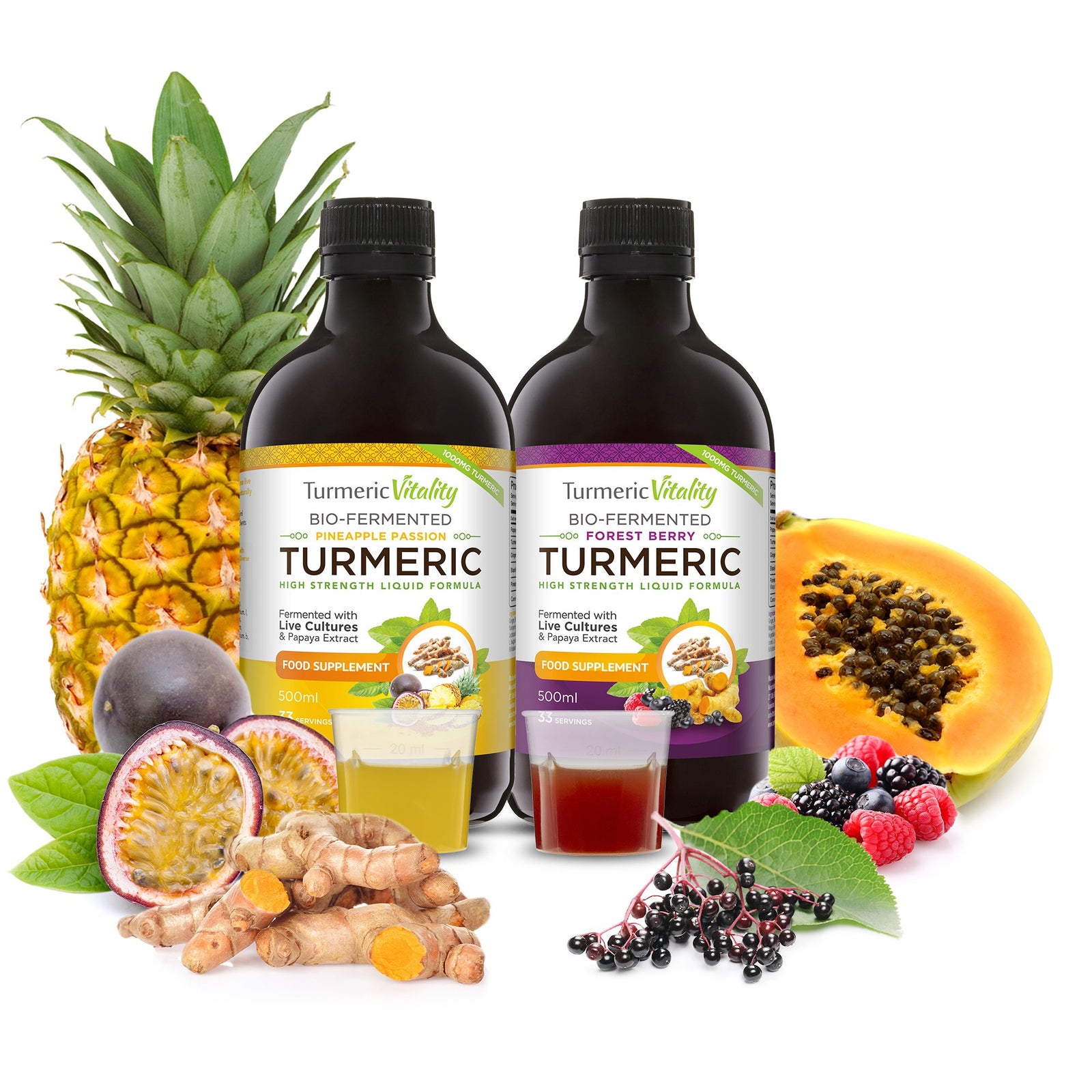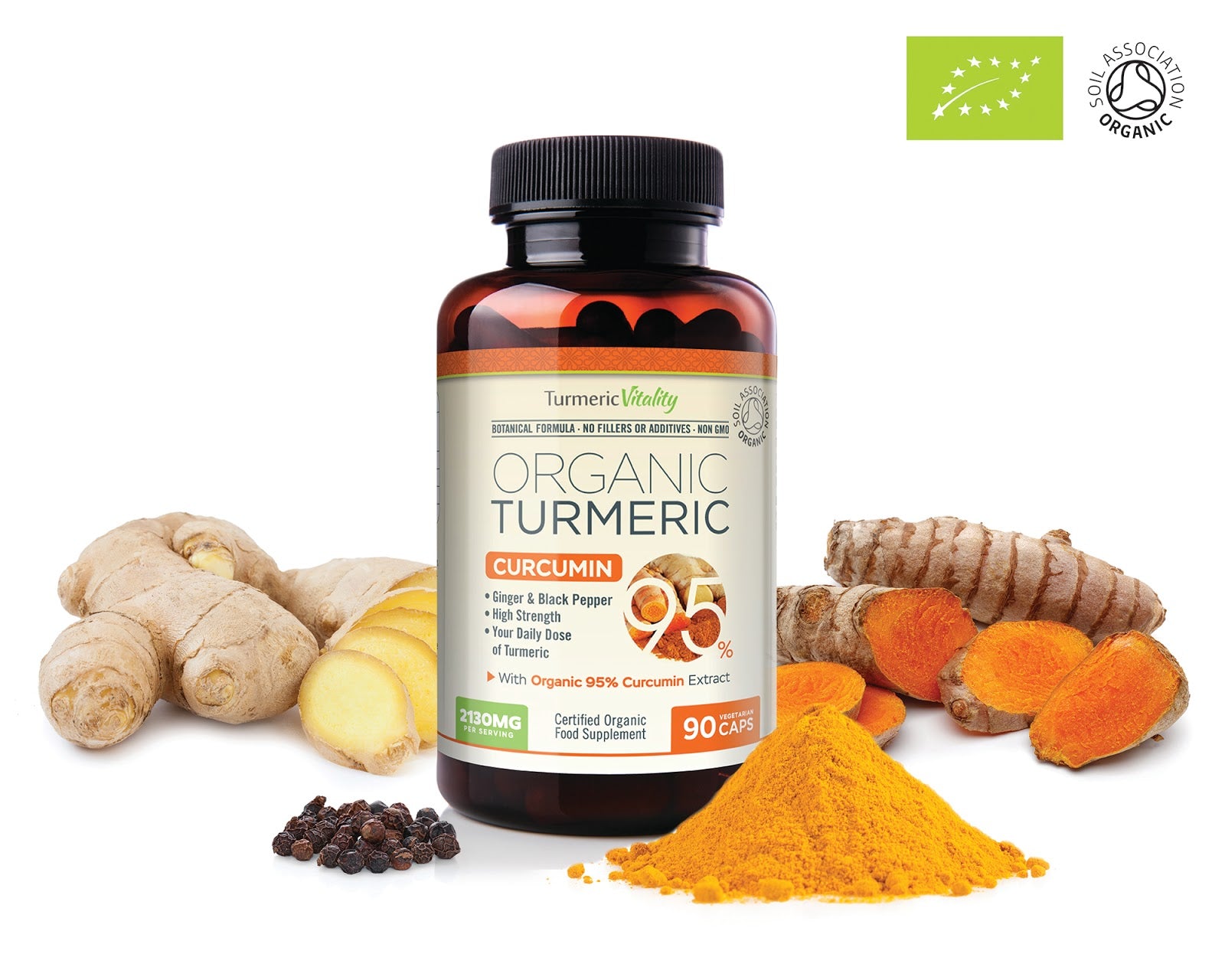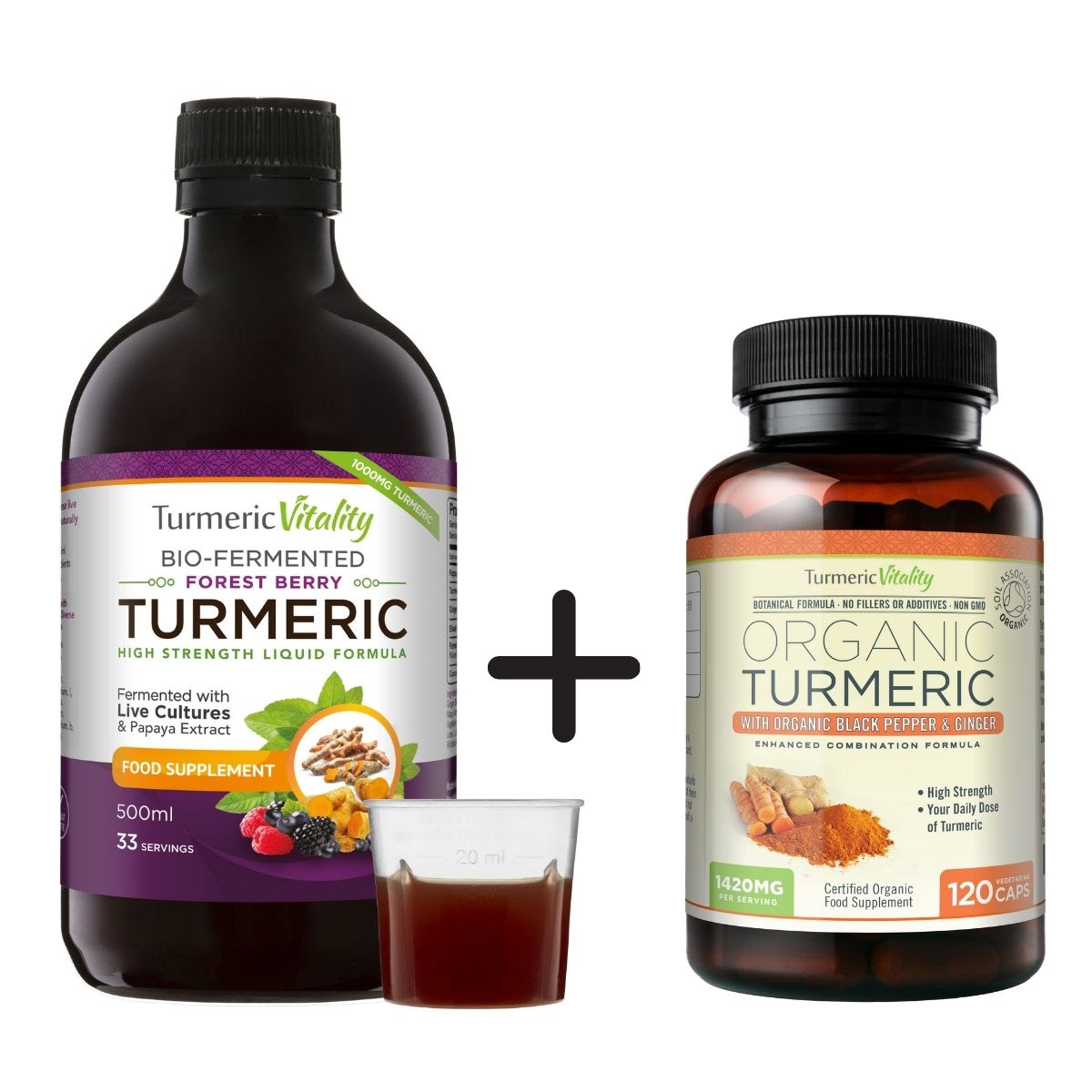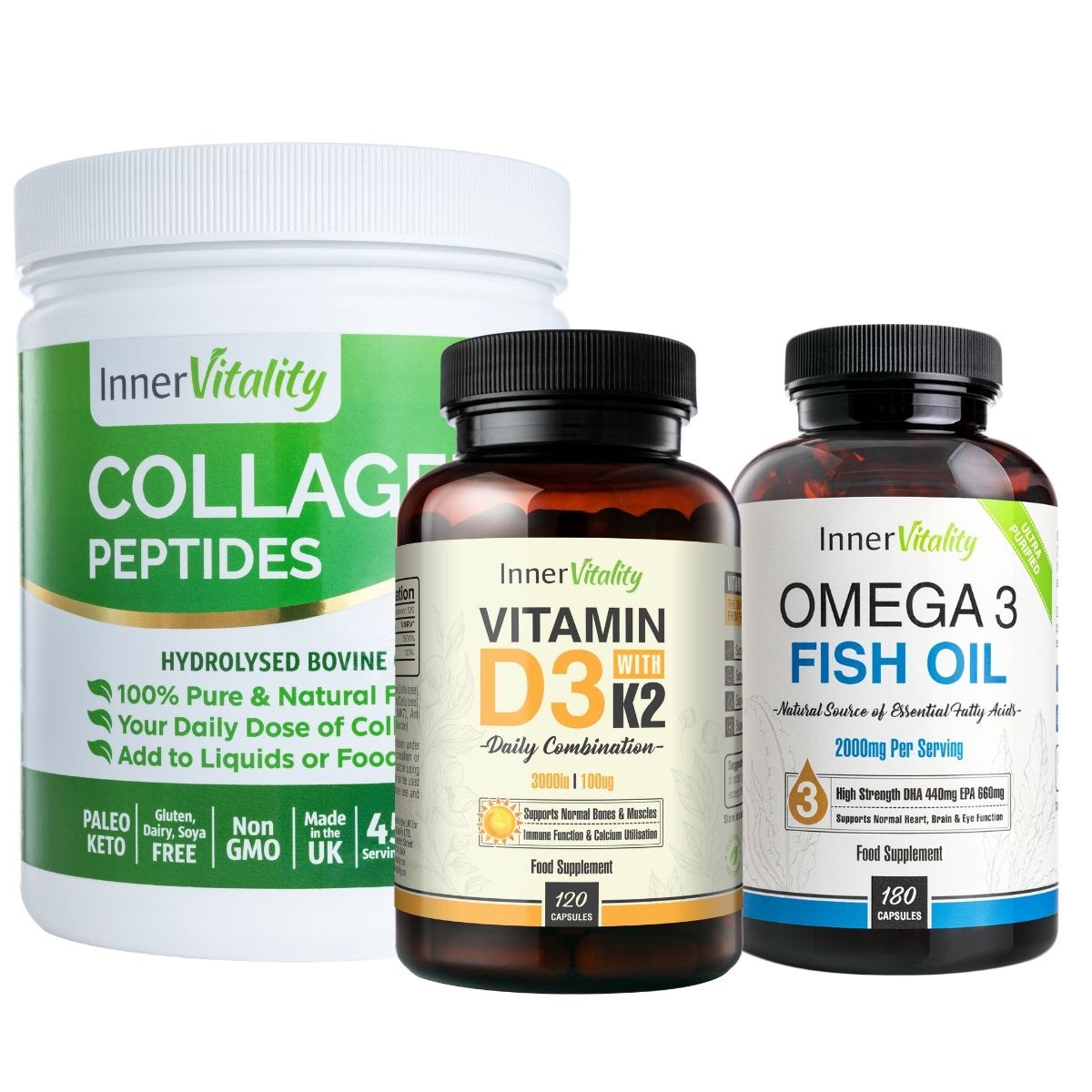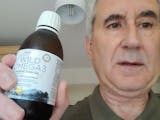Ageing is a natural part of life: it means that we’ve gained experiences, memories and wisdom. (And let's face it, it’s better than the alternative.) While we can’t go back in time and we can’t stop the process of ageing—nor should we want to!—there are things we can do to delay the process of ageing, which can affect not only how we look, but also negatively impact our health and cognitive function.
Factors like diet and lifestyle have a significant effect on how we age, and believe it or not, we have some control in this department.
WHY WE AGE
So what is ageing?
As we get older, processes that used to work rather quickly—like cell turn over and collagen production—begin to slow down. On the other hand, cellular damage, cellular waste and errors in the reparation of cells start to increase. It’s these processes that lead to the visible symptoms of ageing we’re familiar with: fatigue, wrinkles, inflammation and chronic illness.
As it turns out, nutrition and lifestyle play a big role in how quickly the ageing process happens. (1) This is largely related to the role of free radicals and oxidative stress.
OXIDATIVE STRESS + FREE RADICALS
Free radicals are unstable atoms, as they lack the electrons needed to make a full outer shell. The result is that they react quickly with other substances, and can create damage to cells, accelerating degenerative processes. (2) When these oxygen-containing molecules continuously break down into free-radicals, this is when oxidative stress occurs.
As we age, we accumulate more free radicals, and more oxidative stress, which in turn leads to accelerated ageing. (3) Free radical damage has also been linked to increased risk of chronic disease, like diabetes, cardiovascular disease and neurodegenerative diseases.
Smoking, too much sun exposure, pollution, stress and a poor diet are all factors that contribute to oxidative stress. (And thankfully, for the most part, these are all things we have control over.)
AGES: ADVANCED GLYCATION END PRODUCTS
Another contributor to ageing is the production of AGEs: advanced glycation endproducts. Aptly named, AGEs are harmful compounds in the body that have been shown to physically age us and are associated with the majority of chronic diseases, including arthritis, diabetes, heart disease, dementia--to name a few. (4,5)
That’s because AGEs actually contribute to inflammation and oxidative stress. (6) Higher levels of AGEs in the body are also associated with an increase in insulin resistance, which when left unchecked can lead to weight gain, metabolic syndrome and diabetes. (7)
The biggest culprit of AGEs in our diet is heavily processed and overly refined foods. (8) AGEs can form when refined carbohydrates integrate with proteins, or with the use of high heat cooking methods—making foods like pizza and burgers top sources of AGEs. (9)
FOODS THAT ACCELERATE AGING
It’s probably no surprise then, but processed and fried foods—like french fries and doughnuts—contribute to the ageing process and cause inflammation in the body.
Here are some of the biggest food offenders:
Sugar.
Foods high in sugar have been shown to accelerate ageing. Whether that’s a piece of cake, or even just plain white bread, sugary foods—and foods that break down into sugar through the process of digestion—are directly linked to ageing. (10) Fructose, in particular, found in sodas and processed foods, is linked to inflammatory-related diseases, like diabetes and fatty liver disease. (11) Oh, and fructose also breaks down collagen which is key to the health of our skin, therefore, making us look older. (12)
Vegetable Oils.
Hopefully, by now you’ve long abandoned hydrogenated vegetable oils (like margarine and soybean oils) in place of healthier fats, but if not, here’s your call to action to do so. Cheap, oxidized vegetable oils can lead to increased inflammation. This is in part due to their high omega-6 content. (13) Products like margarine also contain trans fats (often seen labelled as partially hydrogenated) which have been shown to increase inflammation and the risk of disease. (14)
Alcohol.
You can see it on your face the next day after a night of one too many glasses of wine: alcohol leaves your body looking and feeling dehydrated and depletes it of vitamin A, a nutrient required for cell growth, collagen production and skin elasticity. (15)

